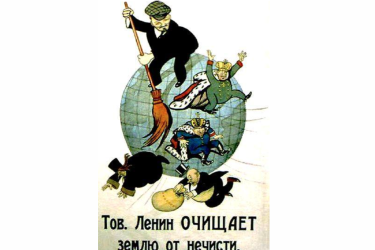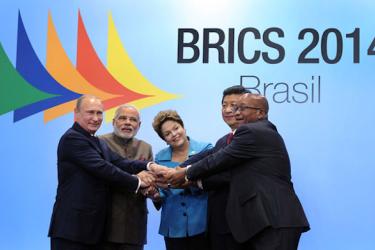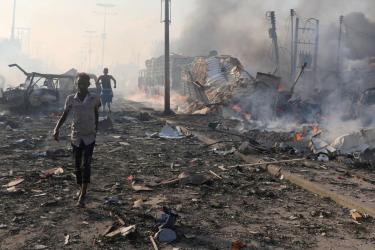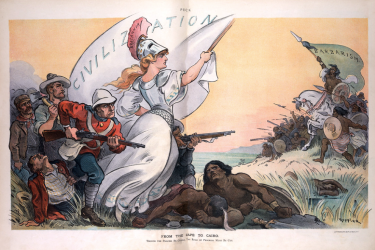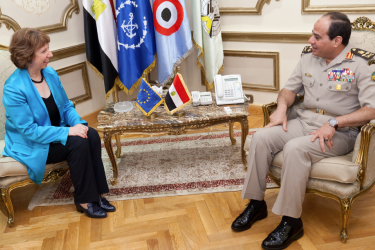Todd Gordon & Jeffery R Webber — The immediacy of the Russian invasion of Ukraine alongside the emergence of China as a potential global power has changed the debate on imperialism.
Imperialism
Michael Roberts — Imperialism can be quantified in economic terms: it is the persistent transfer of surplus value to the rich countries from the poorest countries of the world. This process developed some 150 years or so ago and remains.
In his latest letter from a Russian prison, Boris Kagarlitsky addresses why should we, in 2024, find Lenin interesting.
Adib Shaheen explains how the struggle for a just future and the support of peoples resisting aggression and repression are the same struggle.
Eric Toussaint — The rejection of policies promoted by traditional imperialist powers, and announcements made by the BRICS, have aroused expectations of major changes. But what has actually happened?
Michael Roberts looks at the state of the US and world economy, the reasons for what he calls the Long Depression, and how it is driving political polarization and imperial rivalries.
Pierre Rousset provides an overview of the unfolding “polycrisis” the world is immersed in.
An interview with Taras Bilous, a Ukrainian historian and essayist who has served in the Ukrainian army since the beginning of the Russian aggression.
Zara Jemuel — Capitalism’s white supremacist roots run as deep as its colonial origins.
Michael Pröbsting — Why are imperialist powers so eager to give billions of US Dollars to Egypt’s regime? The answer lies in the nature of dictatorship
Sam Wainwright discusses the state of US global hegemony, Australia’s role within it as a mid-sized imperialist power and prospects for working-class solidarity across borders.
Joseph Daher — Western mainstream media biases and defence of the Israeli narrative are connected to orientalism, racism, and imperialism, serving the interests of Western ruling political and economic elites.


